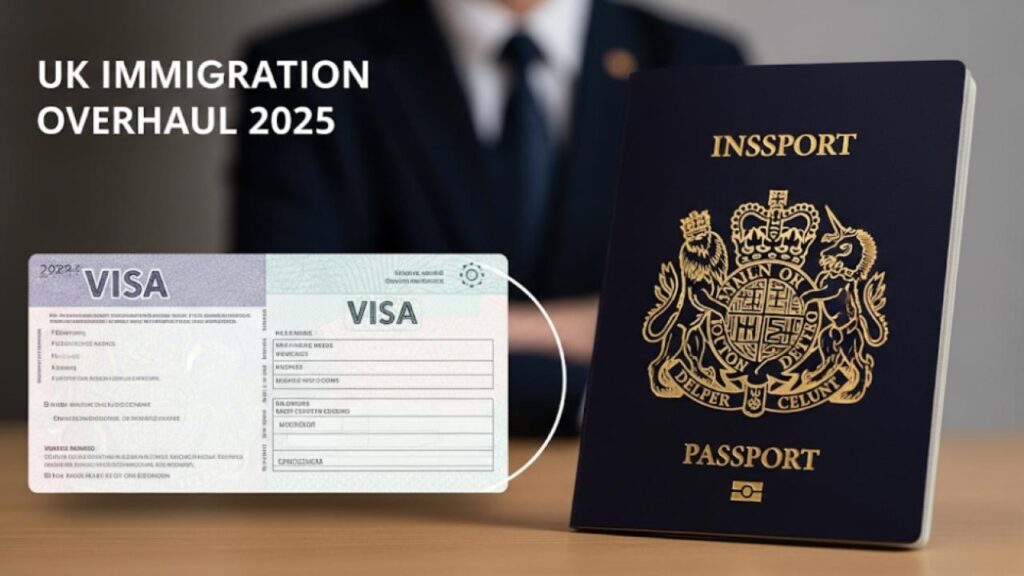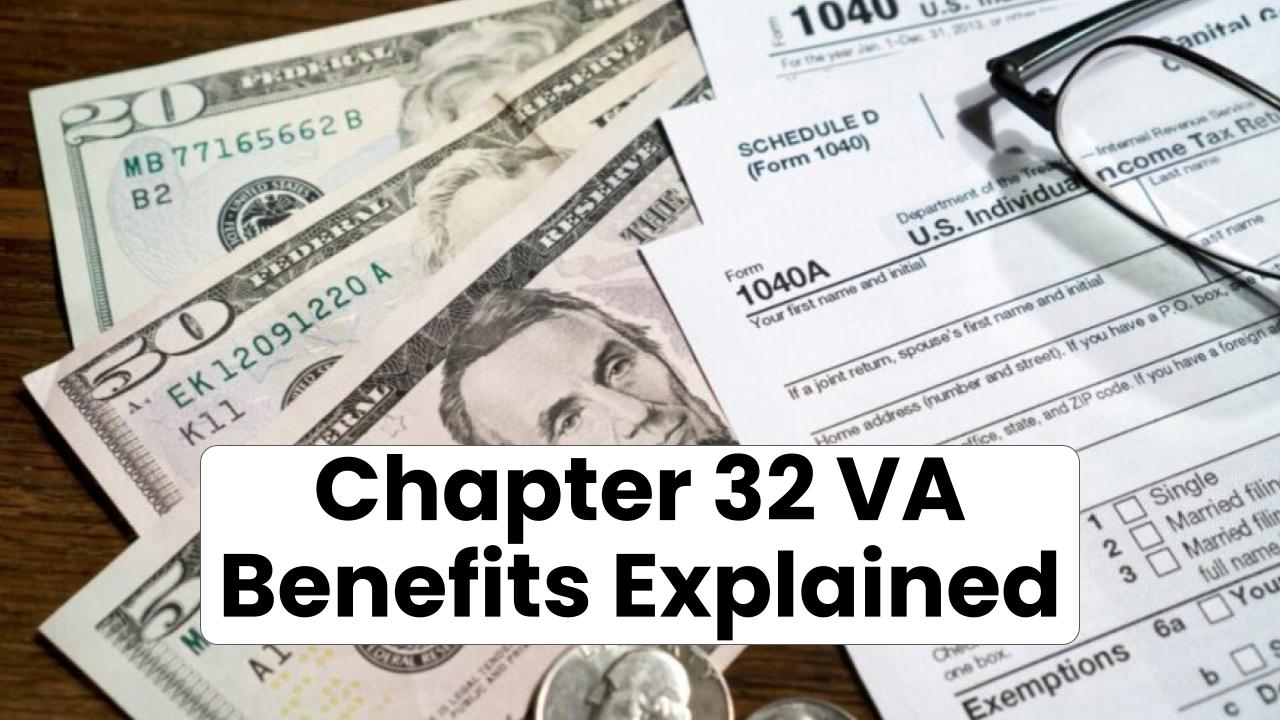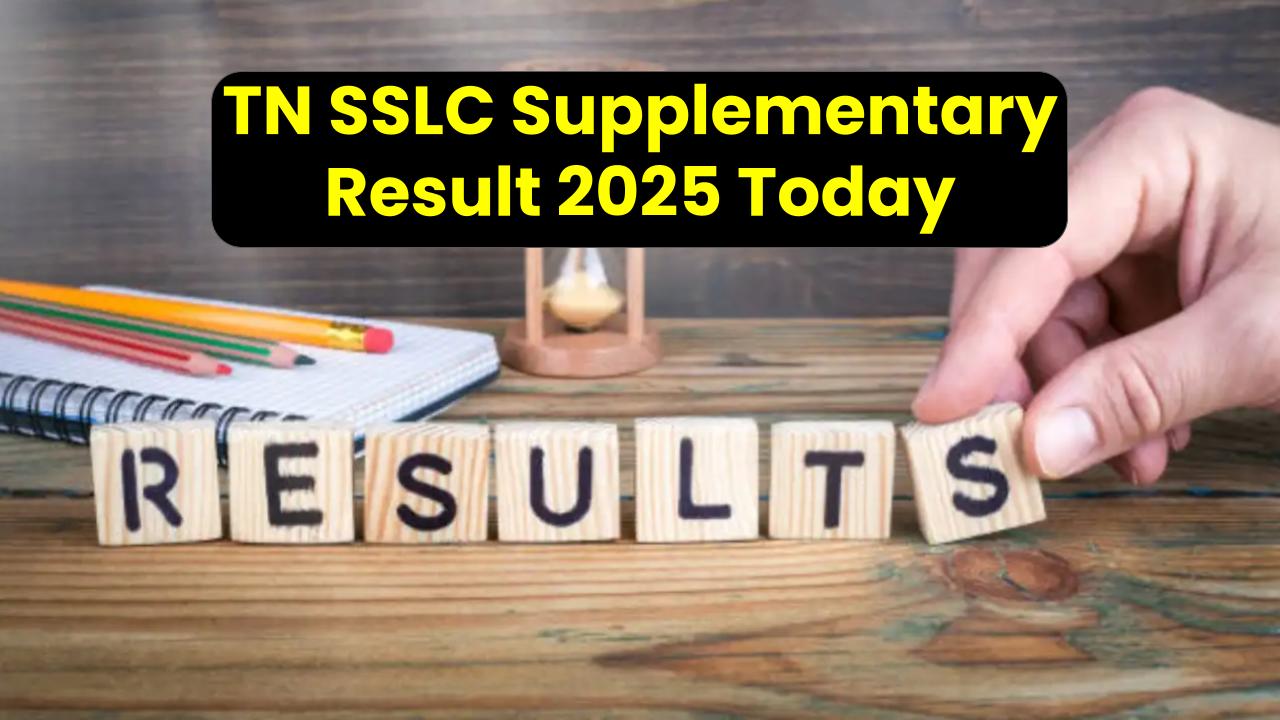In 2025, the United Kingdom is implementing significant changes to its immigration policies. These reforms are reshaping the pathways for skilled workers, students, and families seeking to enter or remain in the UK. As the rules become stricter, the UK government aims to reduce overall immigration numbers and better manage its borders. However, these changes are causing concern in several industries, and the impact of these decisions is already beginning to ripple through the country.

UK Immigration Overhaul 2025
| Key Update | Details |
|---|---|
| Skilled Worker Visa Changes | Stricter qualifications and higher salary thresholds. |
| Student Visa Modifications | Graduate visa shortened, stricter sponsorship and compliance rules. |
| Family Route | Longer path to settlement, new English language requirements. |
| Shortage Occupation List | Some low-skilled jobs still eligible if on shortage list. |
| E-Visa Implementation | E-visas will replace physical visa stickers for study, work, and related categories. |
The UK’s immigration overhaul in 2025 marks a major shift in the country’s approach to managing skilled labor, students, and family migration. These changes are designed to attract high-skilled workers while reducing the flow of low-skilled immigrants, which could lead to challenges in certain sectors. However, understanding the new rules and planning ahead will help you navigate the complexities of the UK immigration system.
UK Immigration Overhaul: What’s Changed and Why It Matters
The UK immigration overhaul in 2025 is no small change. It’s a massive shake-up in how the UK is handling immigration, and these new rules are bound to affect thousands of people across the world who are looking to work, study, or join family members in the country. The government’s stated aim is to cut net migration by about 100,000 people annually, focusing primarily on reducing low-skilled immigration while ensuring that high-skilled workers can still contribute to the economy.
The government has been tightening the rules for some time now, and 2025 marks a real shift in how visas are granted. Let’s break down the key changes and what they mean for the different types of immigration.
Skilled Worker Visa: A Tougher Road Ahead
What’s New?
- Higher Skill Levels: The UK government has raised the skill threshold for those applying for the Skilled Worker visa. Now, applicants must be offered jobs that require a degree-level qualification (RQF Level 6). This means that over 100 lower-skilled jobs will no longer qualify for this route.
- Increased Salary Thresholds: For most Skilled Worker jobs, the minimum salary has been bumped up to £41,700. However, health and care workers will still see a lower threshold of £25,000.
- Temporary Shortage Occupation List: Some roles below the degree level will still qualify for a visa if they appear on the Temporary Shortage Occupation List. However, these visas will come with time limits and stricter rules for employers to prove they’ve tried to hire locally first.
Why the Change?
The government wants to ensure that it attracts high-skilled workers while limiting immigration from lower-skilled sectors. However, industries like care, construction, and hospitality are already expressing concern that these changes will lead to severe labor shortages, especially in the healthcare sector where the shortage of workers is already a problem.
Student Visa: Shorter Stays, Tighter Rules
What’s New?
- Graduate Visa Duration Shortened: One of the most noticeable changes is the reduction of the post-study work visa from two years to just 18 months. For many students, this means less time to find permanent work after completing their studies.
- Tighter Sponsorship and Compliance: Universities and other institutions sponsoring international students will face stricter compliance checks. There will be limits on how many international students they can enroll, and the rules around student attendance and visa compliance will be more closely monitored.
- E-Visa Rollout: Starting in July 2025, the UK will issue electronic visas (eVisas) for study, work, and related categories. This means no more physical visa stickers—everything will be handled digitally.
Why the Change?
The government is looking to reduce migration levels by curbing the number of international students staying in the UK after their studies. The tighter rules are meant to ensure that international students follow the visa conditions and that their stay in the country is aligned with the purpose of their visa.
Family Route: More Complex, But Still Possible
What’s New?
- Longer Path to Settlement: Family members of UK citizens or residents (such as spouses or children) will now face a longer journey to settlement. The wait time for those applying for permanent residence (Indefinite Leave to Remain) has been extended from five to ten years.
- English Language Proficiency: Dependents must meet higher standards for English language proficiency, with the requirement rising from A1 to A2 and eventually to B2 for those seeking settlement.
Why the Change?
The changes aim to make the UK immigration system more points-based, similar to systems in Canada and Australia. The goal is to ensure that family members coming to the UK are well-prepared to integrate, especially when it comes to the English language.
What Does This Mean for You?
These new rules can feel overwhelming, but understanding them is the first step toward navigating this new system. Here’s what you need to do depending on your situation:
For Skilled Workers
- Review your qualifications: Make sure your role is still eligible for the Skilled Worker visa by checking the updated skill and salary thresholds.
- Talk to your employer: If you’re already working in the UK or planning to, confirm that your job qualifies and that your salary meets the new threshold.
- Consider the Shortage Occupation List: If your job is on the Shortage Occupation List, you may still qualify for a visa, even if it doesn’t require a degree-level qualification.
For Students
- Plan ahead: If you’re looking to study in the UK, plan your visa application early and ensure that you understand the new post-study work visa rules.
- Check your institution’s status: Make sure the university or college you’re applying to is fully compliant with the new student visa sponsorship rules.
- Consider the eVisa transition: Keep an eye out for the new electronic visa system and ensure you’re prepared for this change.
For Families
- Prepare for the long haul: If you’re applying for a family visa, be prepared for a longer wait time before you can apply for settlement. Additionally, brush up on your English to meet the new proficiency requirements.
FAQs
1. What is the Skilled Worker visa?
The Skilled Worker visa allows individuals with a job offer in the UK to live and work there. The job must meet certain skill and salary requirements.
2. How will the UK immigration changes affect healthcare workers?
Healthcare workers are exempt from the higher salary thresholds, but the closure of the care worker route could create challenges in staffing for the sector.
3. Will student visas be more expensive under the new rules?
While the rules primarily focus on reducing post-study work durations and tightening compliance, there is no specific mention of an increase in fees. However, students should expect higher costs due to stricter sponsorship and compliance requirements.
4. Can I still bring my family to the UK?
Yes, but the path to settlement is now longer, and there are stricter English language requirements for dependents.








